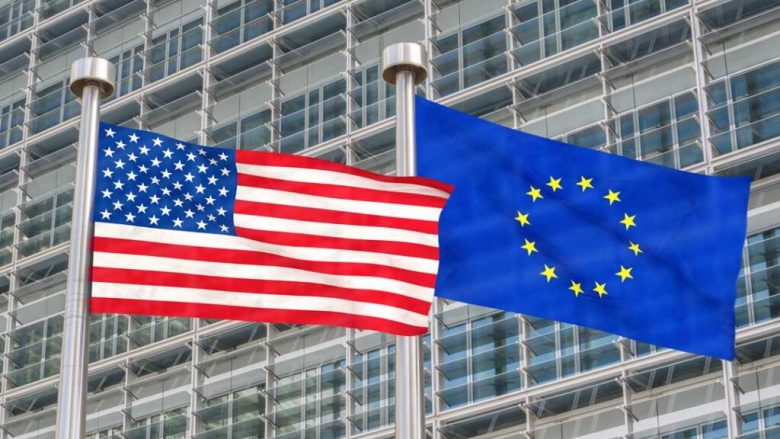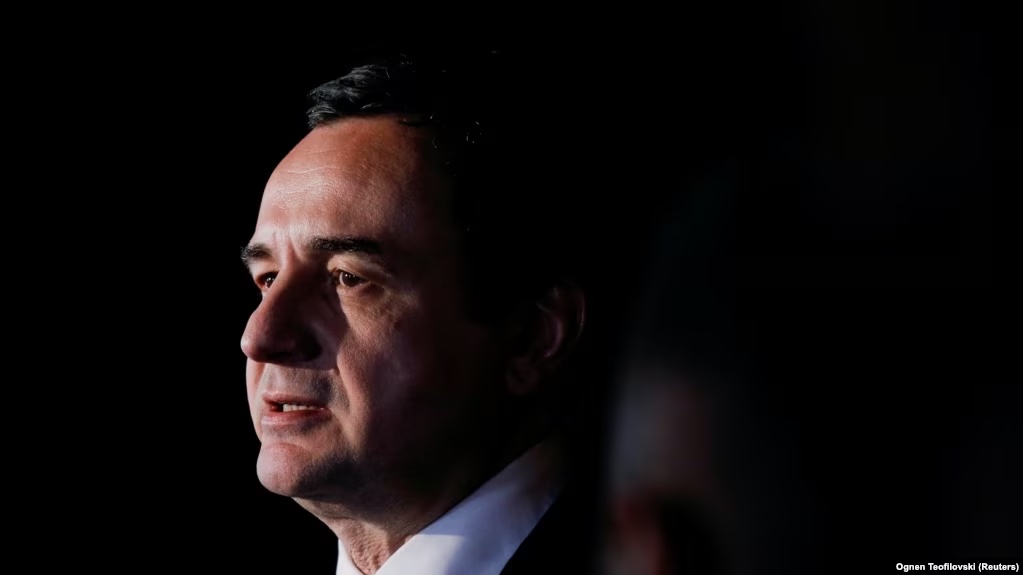Friday, May 8th 2015

London – Britain’s center-right Conservative Party won the U.K. general election with an overall majority Friday.
Main opposition center-left Labour leader Ed Miliband resigned as his party suffered almost total electoral wipeout at the hands of the Scottish nationalists.
Centrist Liberal Democrat leader Nick Clegg and right-wing UKIP leader Nigel Farage also resigned following severe election losses.
Results coming through Friday showed an outcome unpredicted in opinion polls before the election, with the Conservatives showing an unexpected level of success and Labour and the Liberal Democrats left devastated in what many observers said was the biggest surprise in a general election since 1945.
British Prime Minister David Cameron is the first Conservative leader to form a majority Conservative government in 23 years.
The Conservatives won 328 seats, more than the 326 needed to form a parliamentary majority.
They took seats from Labour and also the Liberal Democrats, who they entered into coalition with in 2010.
Electoral wipeout
Labour won 232 seats, the Liberal Democrats eight and the Greens and UKIP one each.
The left-wing separatist Scottish National Party, running on a left-of-Labour and anti-austerity platform, won 56 of the 59 available seats in Labor’s traditional Scottish heartland.
UKIP leader Nigel Farage had previously promised to resign “in 10 minutes” if he failed to get elected in the South Thanet constituency and said in his resignation speech following his loss that he was a “man of my word.”
The Liberal Democrats suffered an electoral wipeout, losing 49 of the 57 seats it had won in 2010.
Liberal Democrat leader Nick Clegg, who was re-elected in his constituency, resigned.
Describing the election as a “most crushing blow to the Liberal Democrats,” Clegg told party supporters in his resignation speech: “To serve my country at a time of crisis is an honour that will stay with me forever.”
Student elected
Senior Liberal Democrat government ministers Vince Cable, Simon Hughes, Danny Alexander, David Laws and Ed Davy — all long-standing MPs — lost their seats.
Former Liberal Democrat leader Charles Kennedy lost his seat to the Scottish National Party.
SNP gains have, however, been mainly at the cost of Labour.
Labour’s shadow foreign secretary Douglas Alexander, who was also in charge of Labour general election campaign, lost his seat to 20-year-old SNP student Mhairi Black, who is yet to take her final university exam.
Scottish Labour leader Jim Murphy also lost his seat to the SNP.
Kirkcaldy, the seat of former Labour Prime Minister Gordon Brown, who was not running for re-election, was also swallowed by the SNP juggernaut.
‘Truly sorry’
Labour lost 40 of the 41 seats they won in 2010, the Liberal Democrats 11 of their 12 and the Conservatives held their only Scottish seat.
Speaking at Labour Party Headquarters on Friday, Miliband said he took “absolute and total responsibility” for Labour’s losses.
“I am truly sorry I did not succeed,” the Labour leader said. “This party has come back before and will come back again.”
The electoral swings in Scotland towards the SNP were sensational.
The largest swing in any seat in the 2010 general election was 21.9 percent but, by 03.00GMT, the SNP had broken the figure 12 fold, with Labour-seat Glenrothes going to the SNP by virtue of a titanic 34.9 percent swing.
Former SNP leader Alex Salmond, who stepped down after his party lost last September’s independence referendum, was elected to the U.K. parliament.
Nicola Sturgeon, the current SNP leader, is not running in the U.K. general election, deciding to remain as a member of the Scottish Parliament.
‘Sweetest victory’
Shadow Labour chancellor Ed Balls lost his marginal seat in the north of England, as did Respect candidate George Galloway.
There were 18 seats up for grabs in Northern Ireland’s fractious political sphere.
The right-wing Democratic Unionist Party now have eight seats, the more moderate Ulster Unionists two, the left-wing separatist Sinn Fein four, the center-left SDLP three.
One independent Northern Irish candidate was also elected.
Conservative Mayor of London Boris Johnson, widely tipped as a future Conservative Party leader and prime minister, was also elected.
Cameron told supporters and aides at the Conservative Party Headquarters earlier on Friday: “I remember 2010, achieving that dream of getting Labour out and getting the Tories (Conservatives) back in and that was amazing.”
“But I think this is the sweetest victory of all.”/AA/




